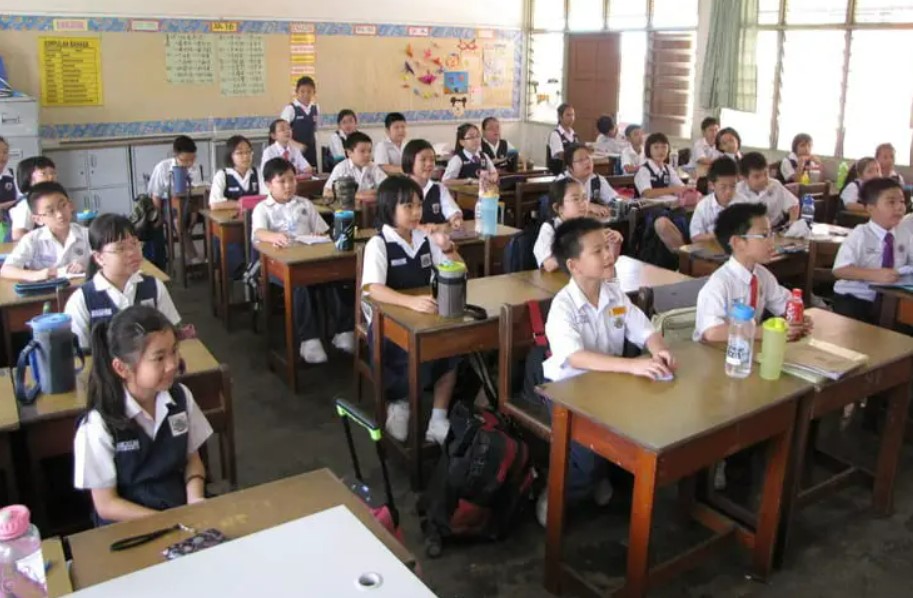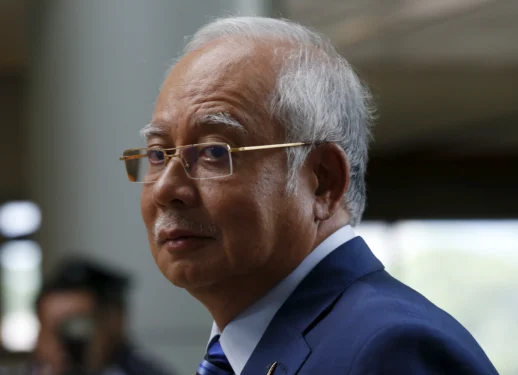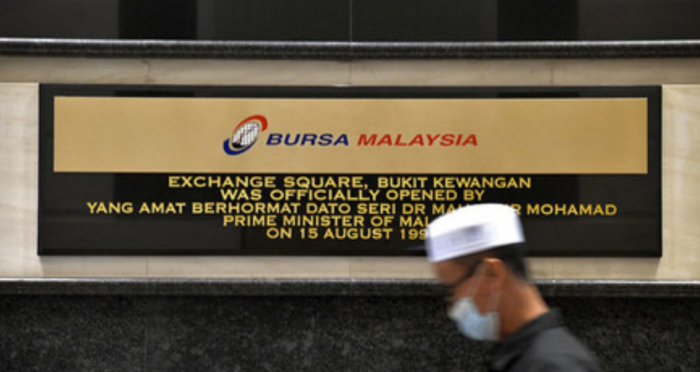MALAYSIA’s good ratings, complemented by the depth of the country’s capital market, is a shot in the arm for the government if the need arises for it to raise additional fund to further stimulate the domestic economy hampered by the Covid-19 pandemic.
“Domestic borrowings and bond issuances seem to be the option to raise funding for any additional stimulus packages or fund, if required,” Bank Muamalat Malaysia Bhd economist Izuan Ahmad said.
The suggestion is supported by the fact that Malaysia’s rating is still intact, that has been reaffirmed by international rating agencies, albeit a ‘Negative’ outlook by Fitch Ratings, he said.
Izuan was asked on the International Trade and Industry Minister’s Datuk Seri Mohamed Azmin Ali comment recently that the government has the capacity to fund its recently-announced stimulus package, but if additional aid was needed the Finance Ministry would decide whether to issue bonds.
Last month, the S&P Global Ratings affirmed its ‘A-‘ long-term and ‘A-2’ short-term foreign currency sovereign credit ratings on Malaysia and said the outlook on the long-term rating remained stable.
The government has announced two stimulus package and additional funding worth RM260 bil, with RM10 bil of the total amount, will be channelled to assist the affected Small and Medium Enterprises (SMEs).
The move will see the country’s budget deficit increase to 4.7 per cent this year from an earlier projection of 3.%.
The government’s direct fiscal injection to Malaysians and businesses totalled RM35 bil.
Meanwhile, Bank Islam Malaysia Bhd chief economist Dr Mohd Afzanizam Abdul Rashid said the government has the flexibility to issue ringgit denominated bonds given the depth of the Malaysian capital market.
The flexibility is further supported by the country’s large local institutional investors such as the Employees Provident Fund (EPF), Pensions Trust Fund (KWAP), Insurance companies, banking Institution and foreign investors.
Ringgit denominated debts account 96% of total government debt.
“So, the bulk of the government borrowings is in ringgit and therefore, there is no issue on its ability to repay the debts because most of it is in ringgit,” he explained. On the widening fiscal deficit, Izuan said the government has few options up its sleeve in terms of financing the RM35 bil direct fiscal injection, including recalibrating selected operating expenditure, raising additional non-tax revenue and temporary lifting of the statutory limit on public debt management.
Mohamed Azmin was also quoted as saying that it was “very difficult” for the government to overly worry about a larger fiscal deficit when people are suffering.
Afzanizam said a slightly higher budget deficit is understandable, in light of the nature of the shocks.
Echoing this point, Sunway University Business School economics Professor Dr Yeah Kim Leng said a markedly higher deficit financing through government borrowings is expected this year although some spending reprioritisation and asset monetisation will help to keep the debt from ballooning.
“There is ample capacity and investor appetite in the debt capital market to absorb more government bonds. The government could also consider borrowing directly from financial institutions including the central bank should the need arise.”
“There is minimal risk of a sovereign rating downgrade as long as the government commits to fiscal consolidation and prudent spending when the economy normalises within a year or two,” he said.
On the possibilities of a special dividend payout by the national oil and gas firm, Petronas, Afzanizam said under the current low oil price environment, global oil majors including Petronas would want to review their capital expenditure as the operating environment has become increasingly difficult.
The International Energy Agency in its recent forecast said global oil demand would fall by 29 million barrels per day (mbpd) in April while in the second quarter, it is expected to decline by 23.1 mbpd.
For the whole year, global oil demand would fall by 9.3 mbpd, the first decline recorded since 2009.
As such, Petronas would need to carefully plan their capital expenditure and cash management.
In that sense, a special dividend payout could present downside risks to Petronas, he added.
Last year, Petronas paid a total of RM54 bil dividends to the government, comprising RM24 bil in normal dividend and RM30 bil in special dividend, which was used to help repay outstanding Goods and Services Tax (GST) and income tax refunds of RM37 bil. – April 19, 2020, Bernama










